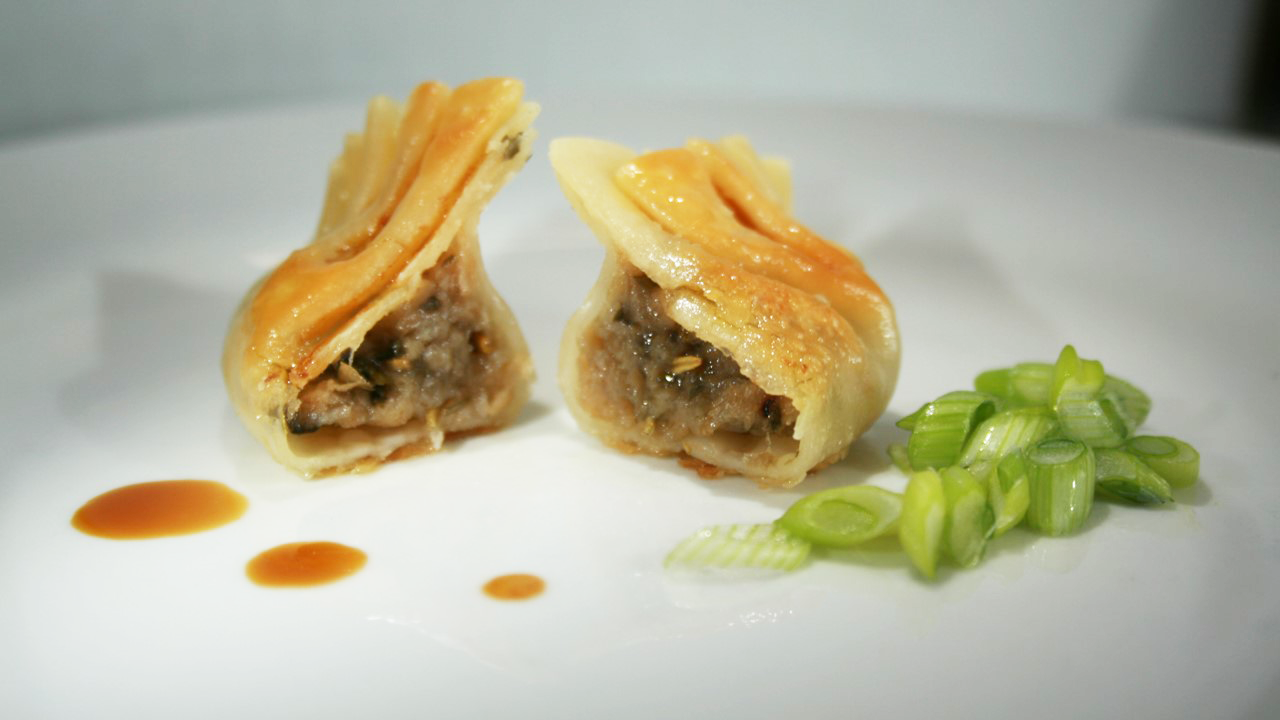Funding from IBioIC’s Feasibility Fund enabled Grampian Growers to work with Professor Giovanna Bermano from Robert Gordon University and Dr Gordon McDougall of The James Hutton Institute to assess the feasibility of valorising potato haulms as feedstocks for ingredients and high value products for global markets.
Read MoreThis project investigated the feasibility of miniaturising and optimising the biological treatment of the wastewater effluents from SEM biofertilizer process.
Read MoreFunding from IBioIC’s Feasibility Fund enabled C-Source Renewables and Stephen Wallace from the University of Edinburgh to work together to assess the potential for bread and potato waste generated from food waste to be used as a viable glucose replacement for the bioproduction of three chemicals used to make valuable industrial products which are currently manufactured from diminishing fossil resources.
Read MoreSuccessful project to assess the feasibility of extracting platform chemicals from spent lees delivers a valuable new feedstock, a bespoke analytical tool, additional product streams and evidence to substantiate the company’s green credentials.
Read MoreThis successful project advanced the development of cell lines for cultivated meat and enabled the team to win additional funding to run further projects.
Read MoreThis Feasibliity project by Artisan Roast, University of St Andrews, and Energy Recovery Systems Ltd demonstrated that coffee grounds are a profitable replacement for wood as a source for bioenergy.
Read MoreIBioIC awarded Innovation Funding to Roslin Tech and University of Edinburgh to work on this successful project, which resulted in significant cost reductions for the company and provided multiple opportunities for the university to present their research.
Read MoreMarine Biopolymers (MBL) is a Scottish SME whose focus is on extracting high value components from brown seaweeds for use in a range of applications such as food and pharmaceuticals, but also in different industrial application areas, where the use of natural polymers is growing fast.
Read MoreFatty acids are traditionally obtained by extracting oils from plant, fish, or animal tissues, however, the composition in these sources generally depends on the season and location. There is a requirement to find alternative sources to meet the growing demand across the food, pharmaceuticals and cosmetic industries.
Read MoreScottish biotechnology company ScotBio has developed an environmentally-friendly way of boosting the production and stability of the natural blue pigment phycocyanin, opening the door to access new global markets.
Read MoreAs ENOUGH (formerly 3fBio) move mycoprotein production from their scale up facility in Glasgow to full scale production in the Netherlands, they wanted to design a suite of early diagnosis tests to determine when a batch of product is growing sub-optimally in the hope that issues can be mitigated and avoid reductions in the amount or quality of product.
Read MoreŌGI Bio Ltd wanted to explore the feasibility of utilising the University of Edinburgh’s state of the art in-line dilution technology to extend the valid range of OD measurements for their microbioreactors.
Read MoreOwners of food waste AD plants are looking for alternative ways to valorise waste that contains both plastic and biobased substances. Carbogenics wanted to investigate whether fermentation from screening waste was possible and test a scaled-up version of their process for making biomethane from waste using bacteria.
Read MoreThis project investigated the feasibility of using oils extracted from fish industry waste to produce ingredients such as detergents and foaming agents for use in industrial products.
Read MoreImproving the process for making sustainable meat alternatives at scale.
Read MoreIBioIC project funding enabled The Antibody Company to develop a novel test that has the potential to substantially reduce spoilage issues for microbrewers.
Read MoreNew technology may help reduce carbon emissions for the agriculture and aquaculture industries.
Read More3F BIO delivered their 18-month Proof of Concept programme whilst commissioning their equipment and operating systems within RapidBio, our facility in Glasgow.
Read More


















